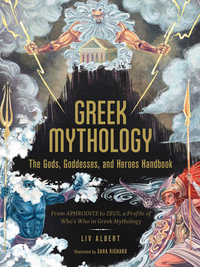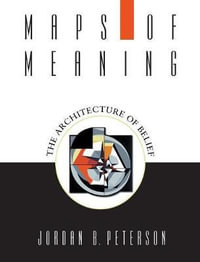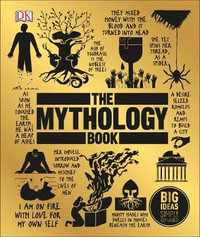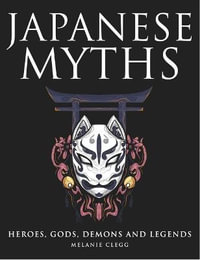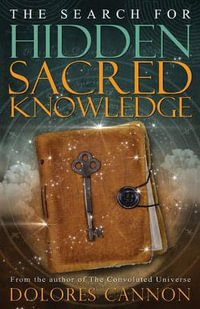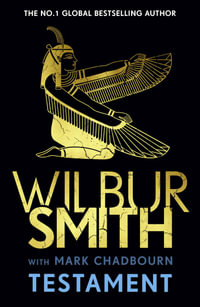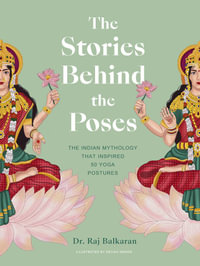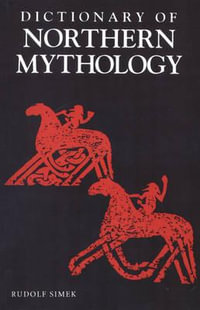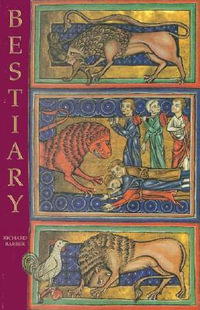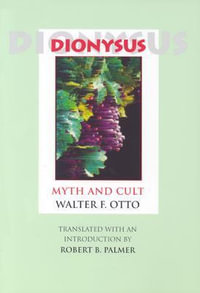This innovative study posits that myths in general, and Greek theogonic myth in particular, have a latent meaning that is responsible both for the emotional energy inherent in myths, and for the special attraction they have even to those who no longer believe in their literal meaning. Caldwell describes, in clear and comprehensible language, aspects of psychoanalytic theory relevant to the understanding of Greek myth, implementing a psychoanalytic methodology to interpret the Greek myth of origin and succession, particularly as stated in Hesiod's Theogony. In reassessing this work, which tells the story of the world's beginning from unbounded Chaos to the defeat of the Titans, Caldwell addresses several unexplained problems-- why does the world begin with the spontaneous emergence of four uncaused entities, and why in this particular order? Why does Ouranos prevent his children from being born by confining them in their mother's body? Why is Ouranos castrated by his son, and why is Aphrodite born from the severed genitals? Why is it always the youngest son who overthrows his father, the sky-god, and what is the logic of the steps taken by Zeus to prevent the same thing happening to him? Presenting a new definition and analyses of the psychological functions in myth, this new study should appeal to a wide range of classicists, teachers and students of mythology, and those interested in the application of psychoanalytic methods to literature.
Industry Reviews
"Very useful for my course on creation myths."--Jerrold S. Cooper, Johns Hopkins University
"Caldwell has done a great service for his fellow classicists--teachers and students alike--with this coherent and clear presentation/demonstration."--Classical Outlook
"Well crafted and well documented, this book will be of interest to those students of psychology and mythology interested in a psychoanalytic method for the interpretation of myth."--Classical World
"A useful general introduction to psychoanalytic study of Greek myth....Provides a welcome model for those preparing undergraduate mythology courses."--Choice
"Fascinating and worthwhile....Should become a standard text in the field. No analytic student of myths ought to venture into this field unless he or she has first read this book....Will afford the student of myths an advanced, sophisticated, and unselfconscious sample of some of the best in applied psychoanalysis."--The International Review of Psycho-Analysis
"Very useful for my course on creation myths."--Jerrold S. Cooper, Johns Hopkins University
"Caldwell has done a great service for his fellow classicists--teachers and students alike--with this coherent and clear presentation/demonstration."--Classical Outlook
"Well crafted and well documented, this book will be of interest to those students of psychology and mythology interested in a psychoanalytic method for the interpretation of myth."--Classical World
"A useful general introduction to psychoanalytic study of Greek myth....Provides a welcome model for those preparing undergraduate mythology courses."--Choice
"Fascinating and worthwhile....Should become a standard text in the field. No analytic student of myths ought to venture into this field unless he or she has first read this book....Will afford the student of myths an advanced, sophisticated, and unselfconscious sample of some of the best in applied psychoanalysis."--The International Review of Psycho-Analysis
"A superb application of classical Freudian theory to the key Greek myth. Incisive, balanced, pellucid. Highly recommended."--Robert Segal, Annals of Scholarship
"The Origin of the Gods will reinforce the view that there is no single way of interpreting classical mythology but that there are many ways, and one of the most unavoidable is psychoanalysis--a way that Caldwell forcefully and enthusiastically recommends and to which he would unhesitatingly give priority."--Vergilius
"The book is very often illuminating."--The Classical Journal
"...the work is brilliant, incisive, provocative and easily comprehensible"--Journal of Indo-European Studies

